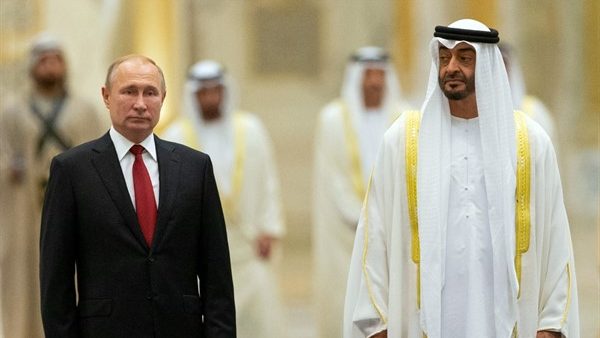The Russian invasion of Ukraine has brought some clarity to regional realignments and strategic partnerships in the Middle East, with the changing relationship between the United States and the oil-producing members of the Gulf Cooperation Council in particular coming into sharp focus.
War has a tendency to cause states to pay closer attention to and accelerate policy decisions on issues that they might otherwise prefer to defer action on or to leave ambiguous or unresolved. But after more than a week of fighting in Ukraine, one thing has become clear: Washington’s partners in the Middle East are increasingly confident about taking an independent course, unmoored from—and arguably in defiance of—Washington and seemingly in coordination with each other.
The divergence has been most apparent in the refusal of the members of the Organization of Petroleum Exporting Countries Plus, or OPEC+, to rapidly increase their oil output amid rising fuel prices, notwithstanding a request to do so by the Biden administration to Saudi Arabia. But it was also on display in Israel’s refusal to send several batteries of the Iron Dome defense system to Ukraine, despite a U.S. request, over fears the transfer would damage relations with Russia. Finally, several states in the broader region abstained on the United Nations General Assembly resolution condemning Russia’s invasion, much to Washington’s displeasure.

